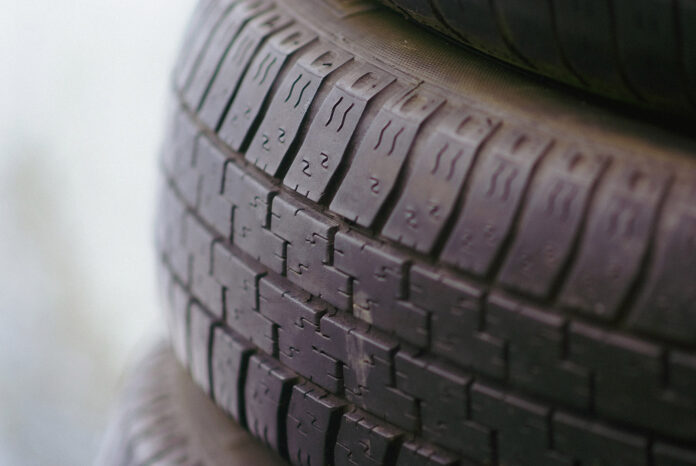
Ahead of Tyre Safety Day (Monday, October 2) and Road Safety Week in Ireland (Oct 2-8), a survey of Irish motorists by premium tyre manufacturer, Continental Tyres, shows a worrying level of neglect for tyre care.
Responses to the survey show that 29% of car owners, nearly one in every three cars, only check their tyres every six months or once a year. Some 6% of drivers admitted to never checking their tyres.
According to Tom Dennigan of Continental Tyres Ireland: “Our regular road safety surveys always show a low level of attention for tyre safety among Irish motorists, but this recent survey is particularly worrying given how road safety has been right at the top of the media agenda over the past few months. Tyres have such a crucial impact on road safety as, not only are they the vehicle’s only contact with the road surface, but they also govern a vehicle’s stopping ability in an emergency.”
Tread depth, the amount of rubber on a tyre is a critical factor in dictating the performance of a tyre and this needs to be regularly checked by motorists. More than one in five respondents (21%) to the survey admitted that they only check the tread depth of their tyres at best every six months. Motorists are recommended to carry out a quick check of their tyres at least every week or so and a more detailed check at least once a month.
On every car, as tyres rack up the kilometres, the tread depth reduces. Once it gets below 3mm, the performance and stopping ability of the tyre is seriously impacted. 1.6mm is the legal tread depth limit, if any of a car’s tyres have a tread depth of less than 1.6mm, the owner is liable for up to four penalty points and a fine of €80.
But Tom Dennigan says there are some things that are even worse than getting a fine and penalty points: “Irish drivers really need to do better at checking their tyres and in particular the level of tyre tread depth. Driving on tyres that are at or near the legal tread depth limit of 1.6mm is like playing Russian roulette. I have driven on tyres in such a state – at controlled drive events on test tracks – and the feeling is that you are not fully in control of the car.
“What was truly frightening is to see how badly worn tyres perform in an emergency stop situation. A car with such tyres can take 43 metres to come to a complete stop – that is double the stopping distance of new tyres – just imagine 43 metres is nearly eight car lengths. In many cases that extra distance could be the difference between life and death.”
Continental Tyres is advising motorists that, in order to stay on the right side of the law and to keep yourself and other road users safe, it is very easy to carry out a quick tyre check and that this should be done on a regular basis. In addition to checking for cuts, bumps or uneven wear on a tyre, motorists should also regularly check the air pressure in their tyres and top up as necessary.
Drivers can check the tread depth of their tyres very easily with the use of a one euro coin. The gold band on the front face of the coin (beside the large no. 1 and map of Europe) is 3mm wide so by inserting the coin into the centre grooves of the tyre, you will be able to see how much tread is left on your tyre.
Safety organisations and many tyre manufacturers recommend that motorists should think of changing their tyres when the tread depth goes below 3mm as the tyre’s braking ability can be seriously compromised the closer it gets to the legal limit of 1.6mm.
Dennigan concluded: “Car accidents are very rarely attributable to just one reason, usually it is a combination of human error, road conditions, inappropriate speed, technical issue with the vehicle – to mention just a few. However, I have no doubt that tyres are a contributory factor in a large number of accidents. Our surveys continuously show that motorists are not getting the message that proper tyre care can save you from an accident. For this year’s Road Safety Week, we are asking Irish motorists to make a new resolution to regularly check their tyres.”







